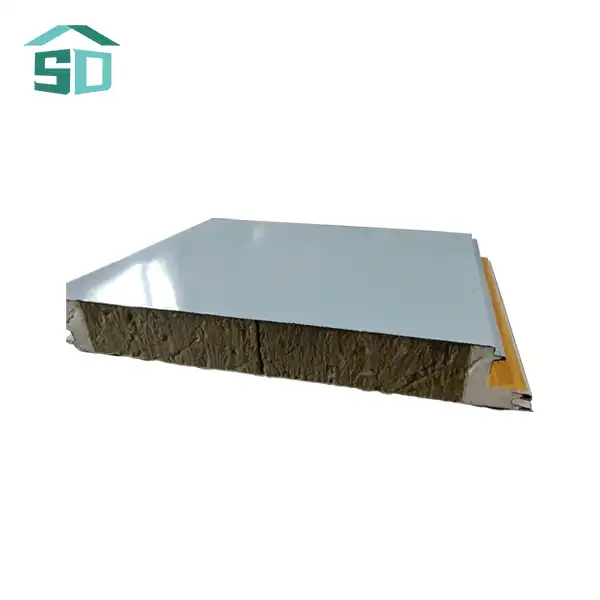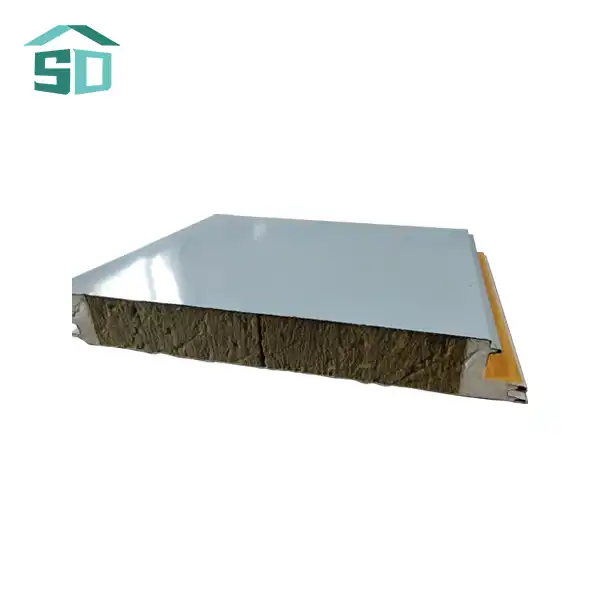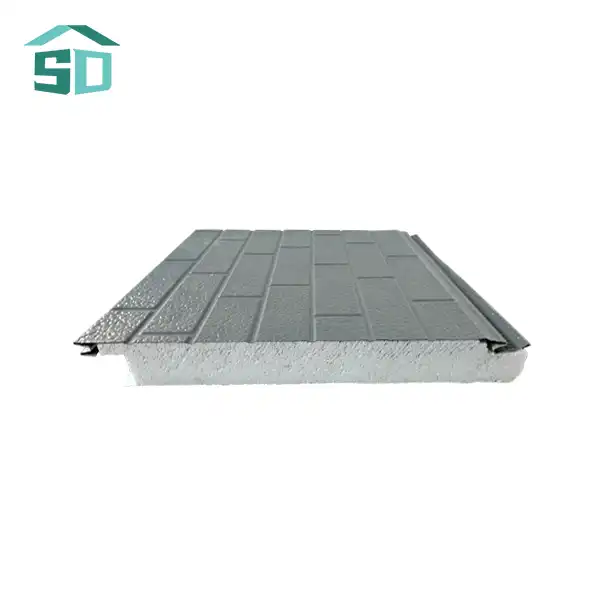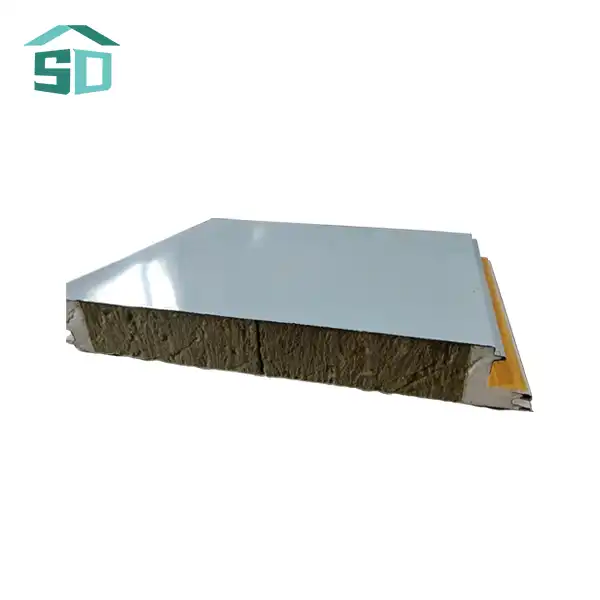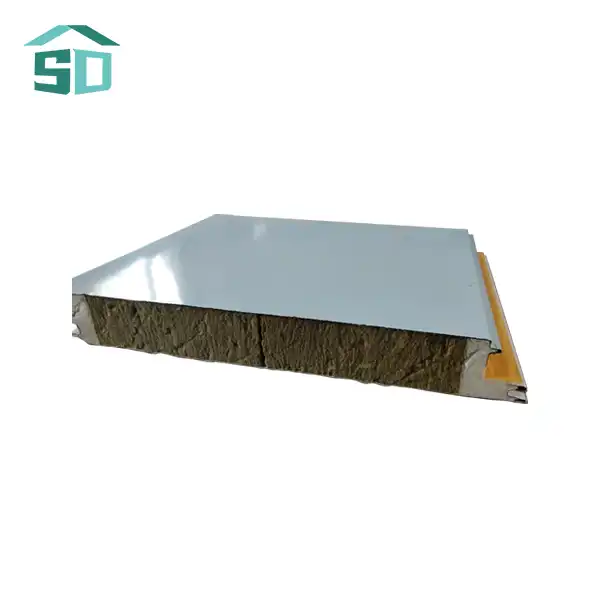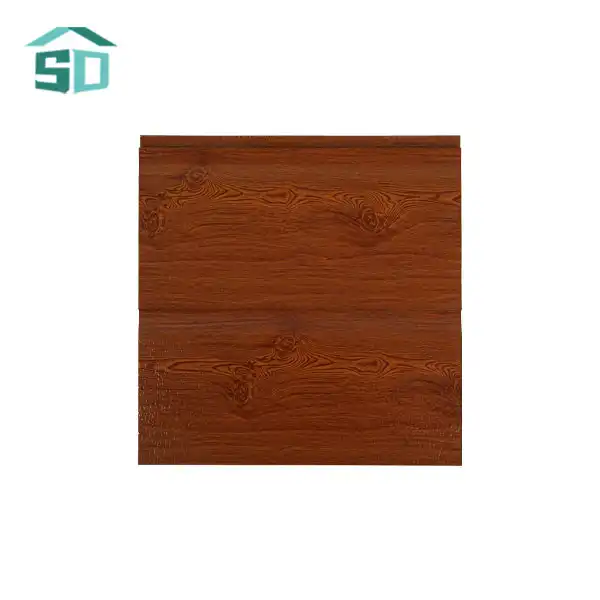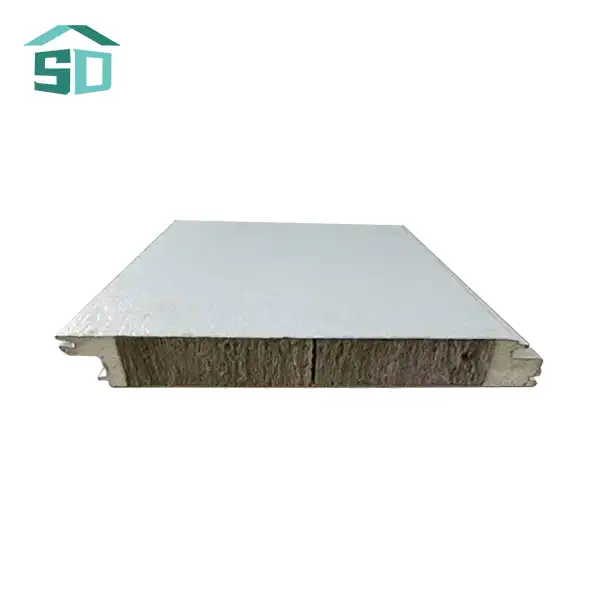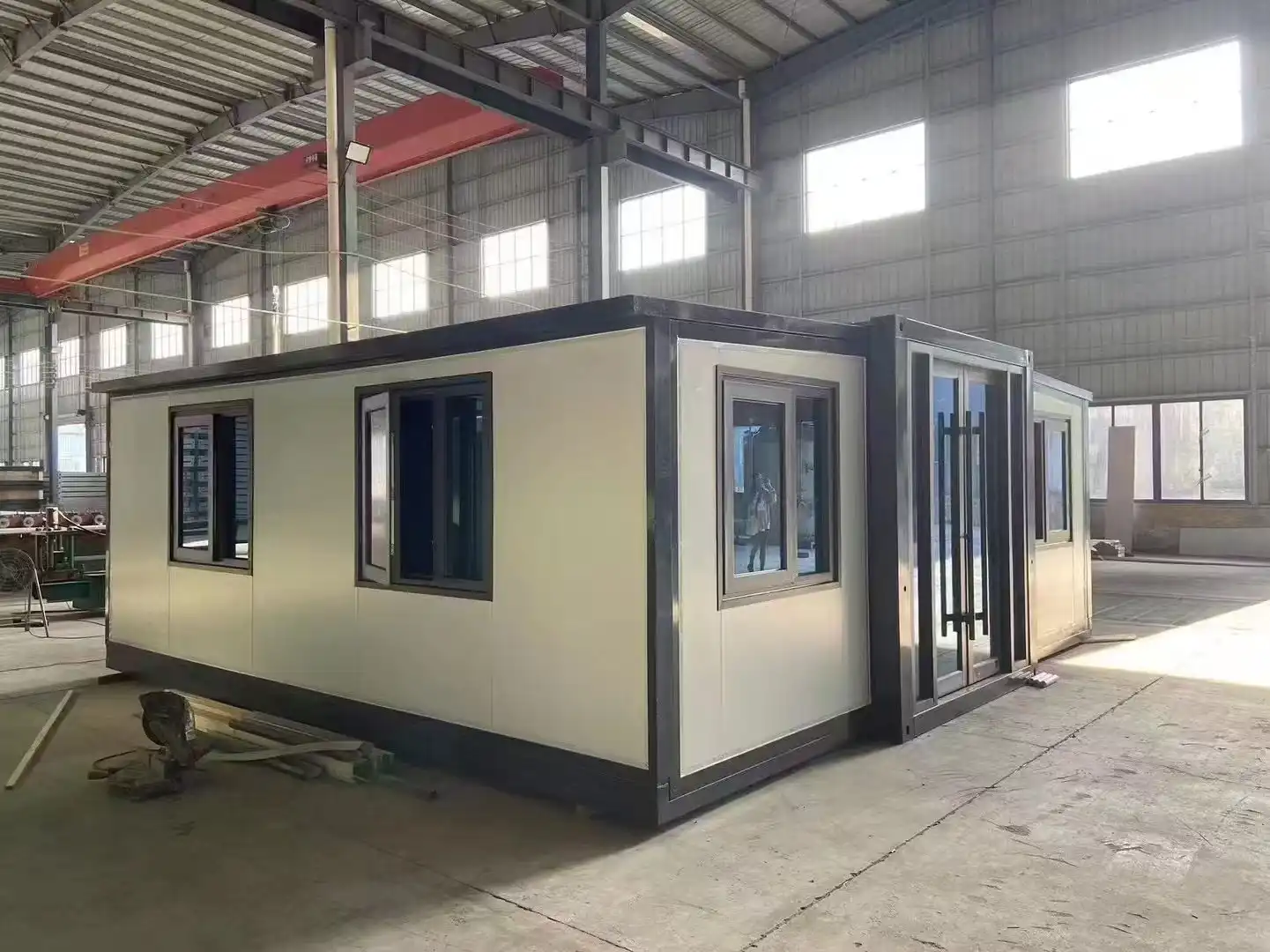The Versatility of Expandable Container Houses in Temporary Camps
Expandable container houses have revolutionized the concept of temporary housing, providing a range of benefits that make them particularly suitable for camp environments. These innovative structures offer a perfect blend of durability, portability, and comfort, addressing the unique challenges often associated with temporary accommodations.
Rapid Deployment and Easy Setup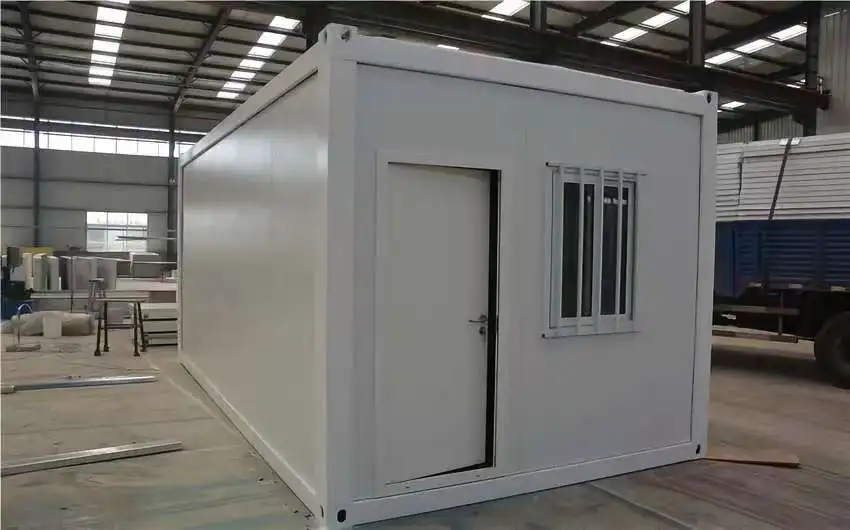
One of the primary advantages of using expandable container houses for temporary camps is their quick deployment capability. Unlike traditional construction methods, these prefabricated units can be transported to the site and set up in a fraction of the time. This rapid installation process is crucial in emergency situations or when time is of the essence.
The expandable design allows these container homes to be compacted during transportation, making them highly portable. Once on-site, they can be easily expanded to create spacious living areas. This feature is particularly beneficial in remote locations or areas with limited access, where traditional construction might be challenging or impractical.
Adaptability to Various Environments
Expandable container houses are engineered to withstand diverse environmental conditions, making them suitable for temporary camps in various settings. Whether it's a disaster relief camp in a tropical climate or a remote work camp in a colder region, these structures can be customized with appropriate insulation and climate control systems to ensure comfort in any environment.
The robust construction of container houses, typically using high-quality steel, provides excellent protection against the elements. This durability is essential for temporary camps that may need to withstand harsh weather conditions or remain in place for extended periods.
Scalability and Customization
Another significant advantage of expandable container houses is their scalability. Camp organizers can easily adjust the number of units based on the camp's population, adding or removing containers as needed. This flexibility is invaluable in situations where camp sizes may fluctuate over time.
Moreover, these container homes can be customized to serve various functions within a temporary camp. From basic living quarters to specialized units such as kitchens, bathrooms, or medical facilities, the versatility of expandable container houses allows for the creation of a fully functional camp infrastructure.
Enhancing Comfort and Functionality in Temporary Camp Settings
While the primary purpose of temporary camps is to provide shelter, modern expandable container houses go beyond basic accommodation to offer comfortable and functional living spaces. This enhanced quality of life can significantly impact the well-being of camp residents, whether they are disaster survivors, construction workers, or remote project teams.
Space Optimization and Interior Design
The expandable nature of these container homes allows for ingenious space optimization. When fully extended, these units can provide surprisingly spacious interiors, often rivaling traditional small apartments in terms of usable area. Clever interior design techniques, such as multi-functional furniture and built-in storage solutions, further maximize the available space.
Manufacturers of expandable container houses often incorporate modular design principles, allowing for easy reconfiguration of interior spaces. This adaptability enables camp organizers to adjust layouts based on specific needs, whether it's creating individual living quarters or larger communal areas.
Integration of Modern Amenities
Despite their temporary nature, expandable container houses can be equipped with a range of modern amenities to enhance comfort and livability. These may include:
- Fully functional kitchenettes with energy-efficient appliances
- Private bathrooms with water-saving fixtures
- Climate control systems for year-round comfort
- Built-in connectivity options for internet and communication
- Energy-efficient lighting and electrical systems
The integration of these amenities not only improves the quality of life for camp residents but also contributes to the overall sustainability and efficiency of the temporary camp.
Sustainable Features and Energy Efficiency
Many expandable container houses are designed with sustainability in mind, incorporating features that reduce environmental impact and improve energy efficiency. These may include:
- Solar panels for off-grid power generation
- Rainwater harvesting systems
- High-performance insulation to minimize energy consumption
- Low-VOC materials for improved indoor air quality
- LED lighting and smart energy management systems
These sustainable features not only benefit the environment but also reduce operational costs for long-term temporary camps, making expandable container houses an economically viable solution.
Logistical Advantages and Cost-Effectiveness
The use of expandable container houses in temporary camps offers significant logistical advantages and cost benefits compared to traditional temporary housing solutions. These factors make them an attractive option for organizations managing temporary camps, from humanitarian agencies to construction companies.
Efficient Transportation and Storage
The compact nature of expandable container houses when in their collapsed state allows for efficient transportation. Multiple units can be stacked and shipped together, reducing transportation costs and logistical complexities. This efficiency is particularly valuable when deploying temporary camps in remote or difficult-to-access locations.
When not in use, these container homes can be easily stored in a compact form, taking up minimal space. This storage efficiency is beneficial for organizations that need to maintain a stock of temporary housing units for rapid deployment in emergency situations.
Reduced On-Site Construction Requirements
Expandable container houses significantly reduce the need for extensive on-site construction work. Unlike traditional building methods, which require substantial time and resources for site preparation and construction, these prefabricated units can often be set up with minimal ground preparation.
This reduction in on-site work not only speeds up the deployment process but also minimizes the environmental impact on the camp location. It's particularly advantageous in environmentally sensitive areas or locations where extensive construction activity might be problematic.
Long-Term Cost Savings
While the initial investment in high-quality expandable container houses may be higher than some temporary housing alternatives, they offer significant long-term cost savings. These savings are realized through:
- Durability and reusability, allowing for multiple deployments
- Lower maintenance costs due to robust construction
- Energy efficiency, resulting in reduced operational expenses
- Flexibility to repurpose units for different uses over time
For organizations that frequently manage temporary camps or need to maintain a stock of emergency housing, the long-term economic benefits of expandable container houses can be substantial.
Conclusion
Expandable container houses represent a revolutionary approach to temporary camp housing, offering a perfect blend of flexibility, comfort, and efficiency. Their ability to provide spacious, functional living spaces while maintaining portability makes them an ideal solution for a wide range of temporary housing needs. From disaster relief efforts to remote work projects, these innovative structures are changing the way we think about temporary accommodations.
For more information on expandable container houses and other innovative building solutions, please contact us at info@sdqsc.com. Our team at Weifang Sandong Building Materials Co., Ltd. is dedicated to providing cutting-edge exterior cladding and facade solutions that can enhance your temporary camp projects and other construction needs.
